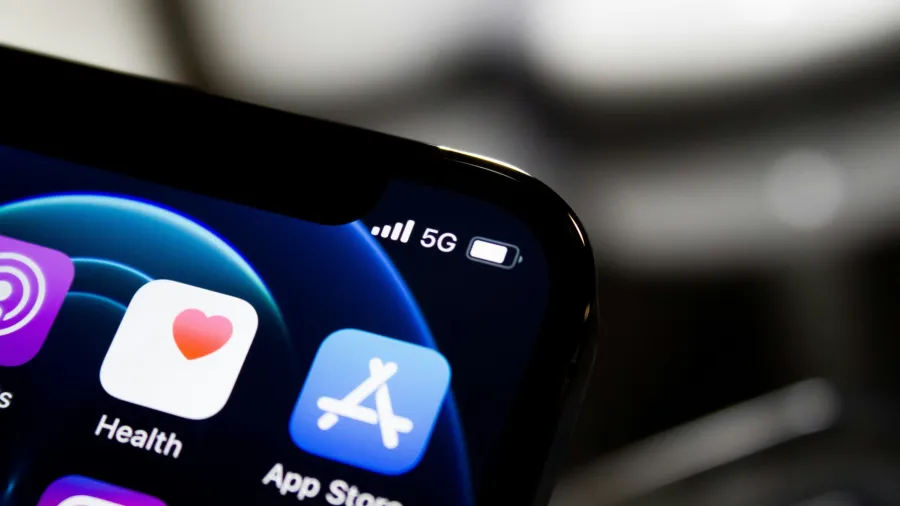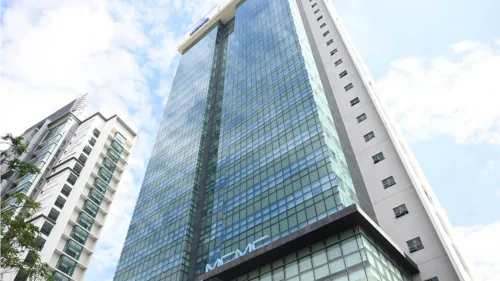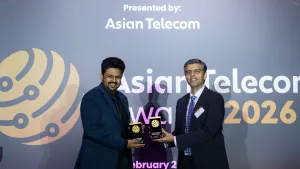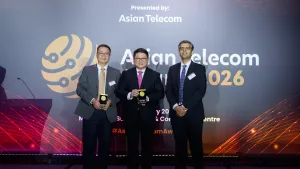
How 5G champions industry decarbonisation
It enables advanced connectivity, real-time energy monitoring, and transportation optimisation, aiding industries in decarbonisation.
AS industries worldwide strive to mitigate their environmental impact and align with ambitious decarbonisation targets, the integration of innovative technologies such as 5G emerges as a powerful ally.
This groundbreaking technology stands out as the first mobile standard to prioritise energy efficiency right from its standardisation phase, embedding considerations related to emissions.
According to RHB Investment Research’s “Telecommunications - the Road to NZE” report, several key technological advancements underpin these efficiency gains. These include optimised use of available spectrum, energy-saving modes that reduce consumption during low data traffic periods, and advanced network management capabilities through enhanced virtualisation.
Tests conducted by Ericsson in Spain and Brazil revealed that 5G networks achieved up to a 90% reduction in energy consumption per GB compared to conventional 4G networks. It also emphasised the potential to “break the energy curve,” indicating the possibility of decreasing overall mobile network energy consumption whilst meeting the escalating demands of 5G data.
Impact of 5G on industries
Beyond connectivity, 5G plays a pivotal role in aiding various industries in achieving their decarbonisation goals.
In the advanced technologies category, 5G plays a vital part in the development of smart cities, enhancing resource optimisation and sustainability. The technology also empowers widespread connectivity in the Internet of Things (IoT), allowing devices to optimise energy use across diverse settings.
Real-time remote monitoring of energy-related systems becomes feasible, ensuring swift responses and fine-tuning of energy consumption. Moreover, in the transport and logistics sector, 5G enhances transportation systems like autonomous vehicles and optimises logistics networks, thereby reducing carbon emissions.
Industries such as manufacturing, energy, and transport, which are major emitters of greenhouse gases, stand to benefit significantly from the adoption of 5G.
A 2021 MIT Technology Review Insights report highlighted 5G as a potent enabler of decarbonisation. “It is the driving force behind energy optimisation and sustainability efforts, empowering industries to work towards cleaner and more environmentally friendly practices,” the report noted.
Telcos’ climate commitments
Telecom companies contribute 2% to 3% of global greenhouse gas emissions, roughly 1 gigaton of CO2 equivalent. By January 2023, 62 operators worldwide committed to science-based targets (SBTs) to cut emissions by 2030, representing 61% of industry revenue and 46% of connections.
Moreover, many operators aim for net-zero emissions by 2050 or earlier, covering 39% of mobile connections and 43% of global revenue.
In Asia, progress towards reducing carbon footprint faces challenges related to grid access, but telcos are making strides in setting emission reduction targets.
A study commissioned by industry organisation CTIA and conducted by Accenture said that 5G technology has the potential to contribute significantly to US carbon emission reduction targets by 2025.
Specifically, 5G could account for up to 20% of the country’s carbon emission reductions, translating to a reduction of 330.8 million metric tons of carbon dioxide equivalent (MMtCO2e). This reduction is comparable to removing 26% of all U.S. passenger vehicles from the road for a year.
The study assessed 31 5G use cases across various sectors and found the highest potential for carbon reduction in transportation and cities, manufacturing, and energy and buildings.
Financial implications
On the financial front, energy costs constitute a substantial 20%–40% of a telecom operator’s operational expenditure (opex). With the transition to 5G networks and the expected surge in data traffic, there's a projection of rising energy costs.
However, the deployment of more efficient network equipment from manufacturers like Nokia and Ericsson is anticipated to offset this rise, resulting in no net increase in overall energy consumption.
Telecom operators must, therefore, prioritise network efficiency by implementing structured energy reduction strategies to mitigate emissions.
“This should be integrated into the telco’s ongoing cost optimisation plan/strategy to alleviate the structural challenges posed by competitive pressures on industry revenues.”













